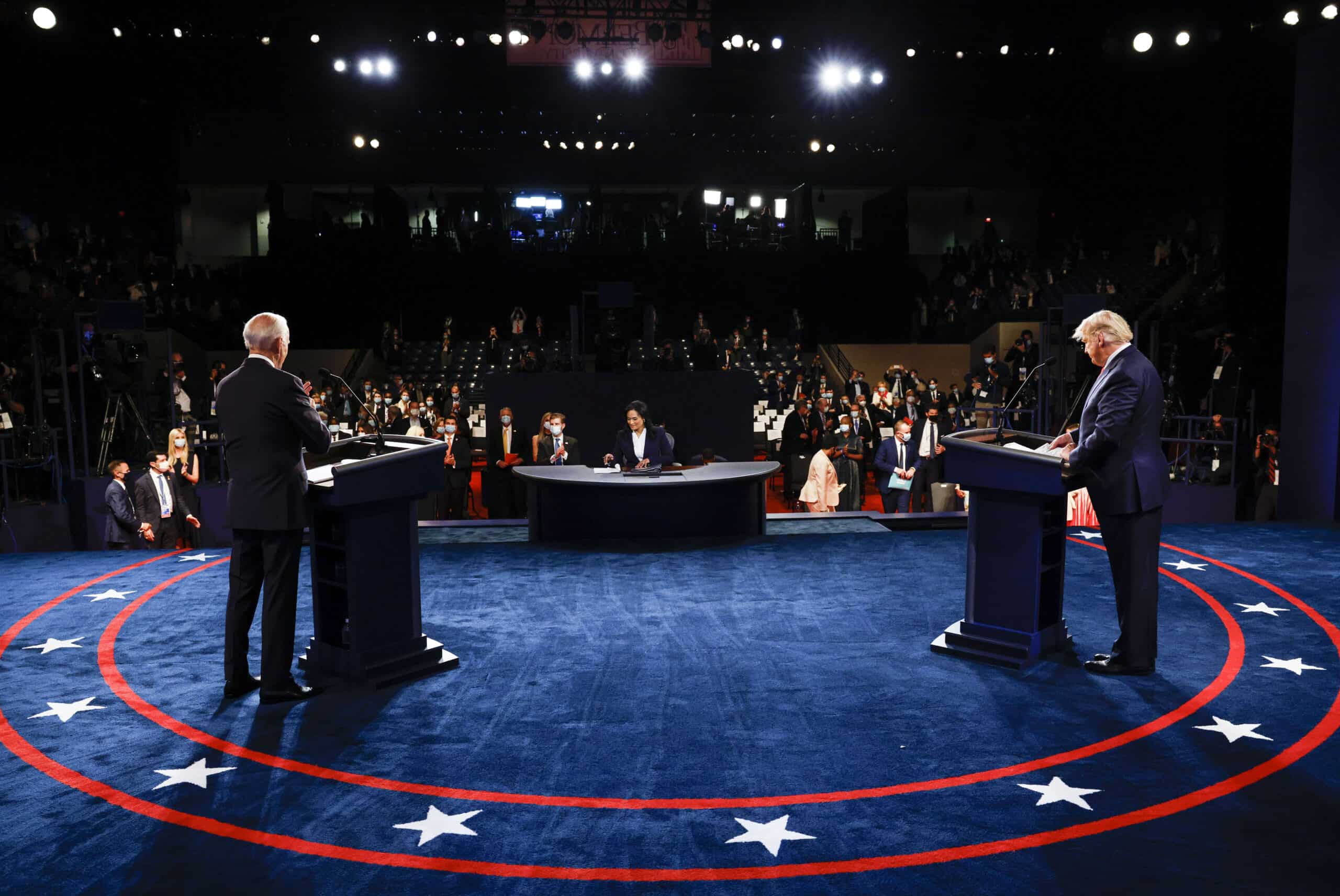
"Controversy and even scandal has been a part of many U.S. presidencies, even from the early days of the country. Which of course doesn't excuse them, but does remind us that presidents aren't saints, whether they ride around in a horse and carriage or a bullet-proof limousine. Learning more about these scandals might get you thinking about what ethical standards are so non-negotiable to you that they would override your usual party loyalties to vote for another candidate."
"Over the years, various scandals led to changes in the ethical standards expected of Presidents, Vice Presidents, and other members of the Executive Branch of the government. These were codified in 1993 into a uniform set of rules called the Executive Branch Standards of Ethical Conduct, which apply to about 1 million government employees in about 100 different Federal agencies. These include, among other things, regulations on accepting gifts, financial conflicts, bias in performing duties, abuse of one's position, and outside activities incompatible with their governmental responsibilities."
Controversy and scandal have occurred across many U.S. presidencies, including issues involving finances, illegal political activities, and illicit romantic relationships. Scandals have prompted clearer ethical expectations for Presidents, Vice Presidents, and Executive Branch employees. The Executive Branch Standards of Ethical Conduct were codified in 1993 and apply broadly across roughly one million federal employees in about 100 agencies. The standards regulate accepting gifts, financial conflicts, bias in performing duties, abuse of position, and outside activities that conflict with governmental responsibilities. Historical claims often include rumors, so only scandals in the public record or corroborated by close sources are emphasized. Clarifications to historical details have been noted in later updates.
Read at 24/7 Wall St.
Unable to calculate read time
Collection
[
|
...
]